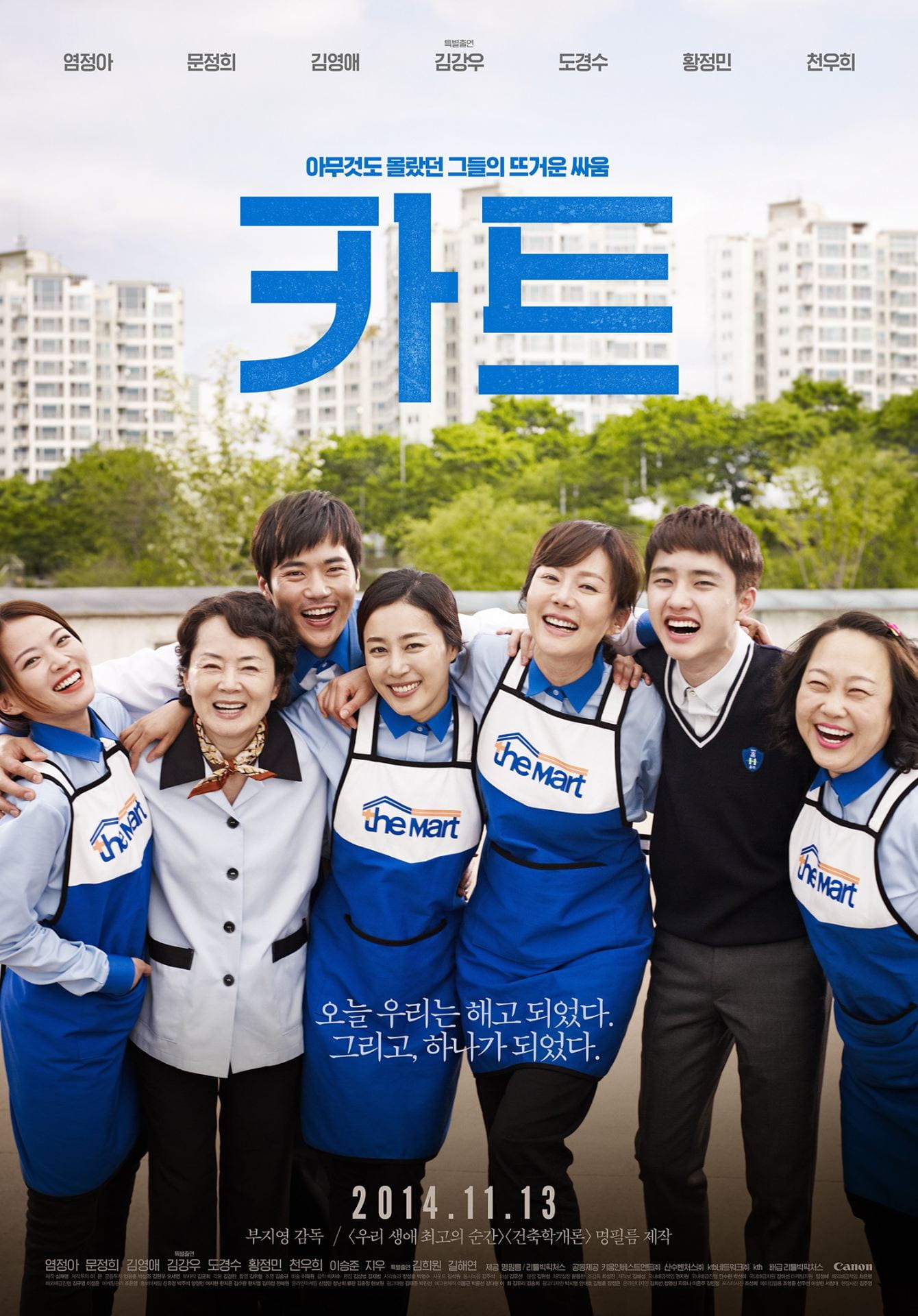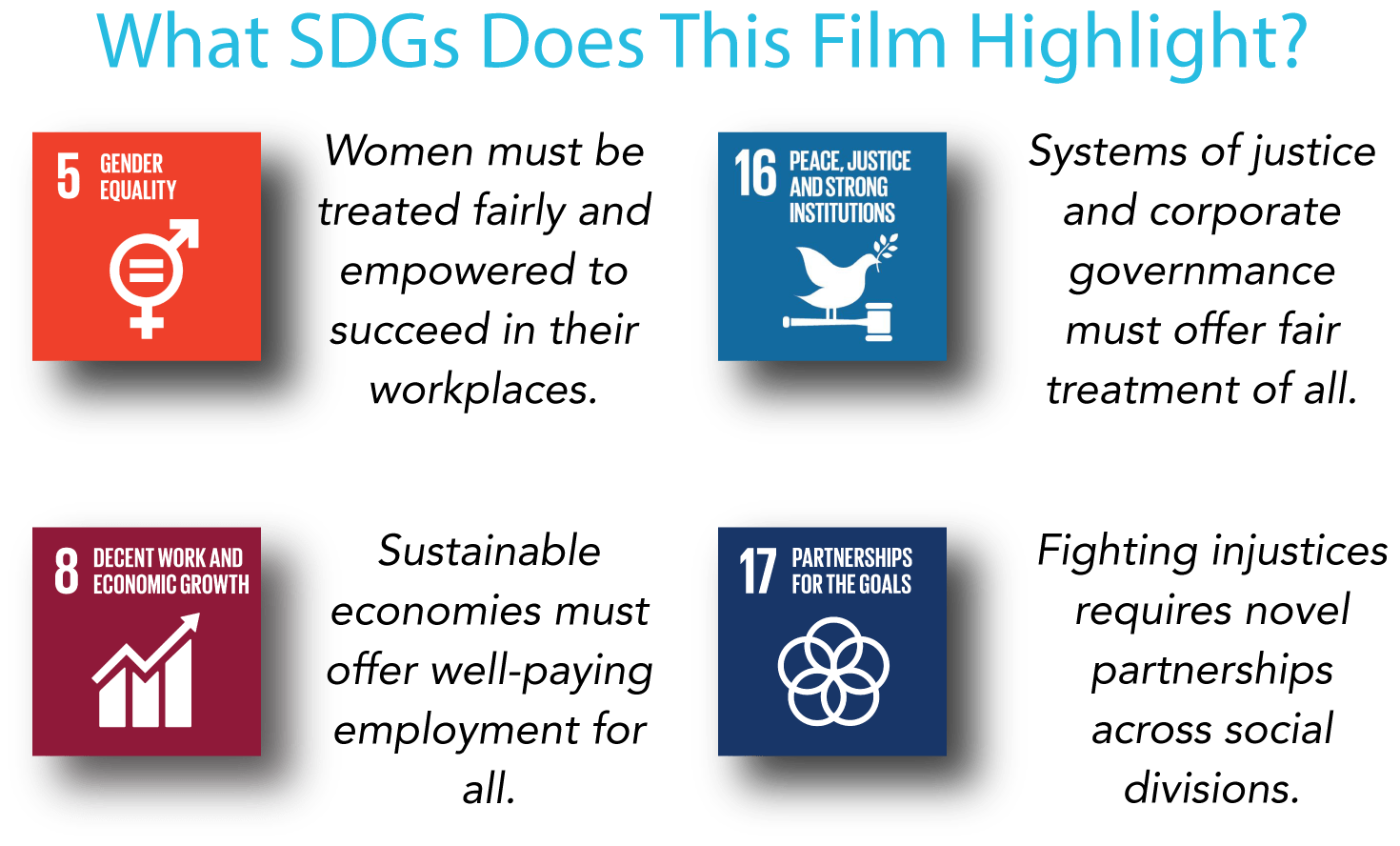Cart
Tuesday, November 10, 2020 @ 7PM
Screened online


Boo Ji-Young (2014, South Korea, 110 min.) + post-film discussion
The Tahrir Square protests in Cairo, Egypt. Occupy Wall Street in New York City. The occupation of the State Capitol in Madison, Wisconsin. Black Lives Matter protest zones in Portland, Oregon; Louisville, Kentucky; and Kenosha, Wisconsin. Recent history is replete with examples of people occupying public spaces to make injustices visible and to try to hold elites accountable in systems that exclude average citizens from decision-making and power.
Boo Ji-Young’s Cart offers yet another example of the disenfranchised organizing to claim power in an unjust system. Based on the true story of a 512-day protest in 2007 by temporary workers at the Homever superstore chain in South Korea, the film follows the struggles of women at an unnamed store who organize after they are summarily dismissed by the corporation and replaced by contractors to avoid having to offer the temporary workers better pay and benefits. Sun-hee is a single mother of two children and has never spoken out or been anything other than a model employee, as she desperately needs this job. Yet when she and her friends are terminated, they fight the injustice of having been asked to give their all to a company that gave them no consideration in return. Gradually the women (as nearly all the terminated employees are), expand their strike and protests to the point of occupying the store and preventing any business from taking place. Will it be enough? Boo’s film brings you into the lives of these women and makes you feel their sense of betrayal and fear but also their growing sense of empowerment, even in an unjust system. Recipient of the Woman of the Year in Film in Korea Award.
(Shown in partnership with the Center for Global Workers’ Rights)
Relying on her strong cast, director Boo personalizes the repercussions of Korea’s poor treatment of workers, yet she resists the impulse to present a one-sided argument. Some of the strikers give up easily, others are nervous to get involved and members of management are also shown to be struggling with their orders.